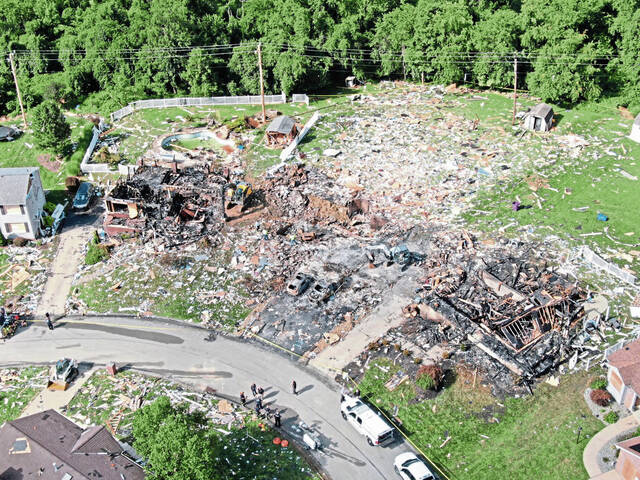Allegheny County Health Department officials announced mosquitoes collected in certain parts of the county this month tested positive for West Nile virus.
Samples found to have the virus were taken July 8 from Wilkinsburg, Schenley Park, Mt. Washington, Beltzhoover, Mt. Oliver and Hazelwood.
West Nile virus is the leading cause of mosquito-borne disease in the nation, according to the Centers for Disease Control & Prevention.
It is most commonly spread to people through insect bites. Cases occur during mosquito season, which starts in the spring and continues through fall.
Symptoms include fever, headache, body aches, vomiting, diarrhea or rash.
There are no vaccines to prevent or medicines to treat West Nile in people, the CDC reports.
The last reported case in Allegheny County was a Baldwin resident last July.
County officials urge residents to take precautions in order to help prevent mosquito bites.
“Generally, the species of mosquitoes that carry West Nile Virus are active from dusk to dawn,” ACHD Vector Control Specialist Nicholas Baldauf said via release Friday. “Residents can prevent mosquito bites by using insect repellent on exposed skin or choosing to wear long sleeves and pants. Both methods are effective at reducing or eliminating the possibility of getting a mosquito bite.”
Residents who believe they, or someone they know, have West Nile Virus should consult a health care provider for evaluation and diagnosis.
“County residents play an important role when it comes to reducing the area’s mosquito population,” Baldauf said. “Mosquitoes can breed in as little as a half-inch of stagnant water, so residents should pay close attention to potential breeding sites like stagnant water in tires, unused swimming pools, buckets, corrugated piping and clogged gutters.”
Residents can report mosquito breeding sites on private properties and public areas to the ACHD’s Housing and Community Environment Program by completing its online form or calling 412-350-4046.








